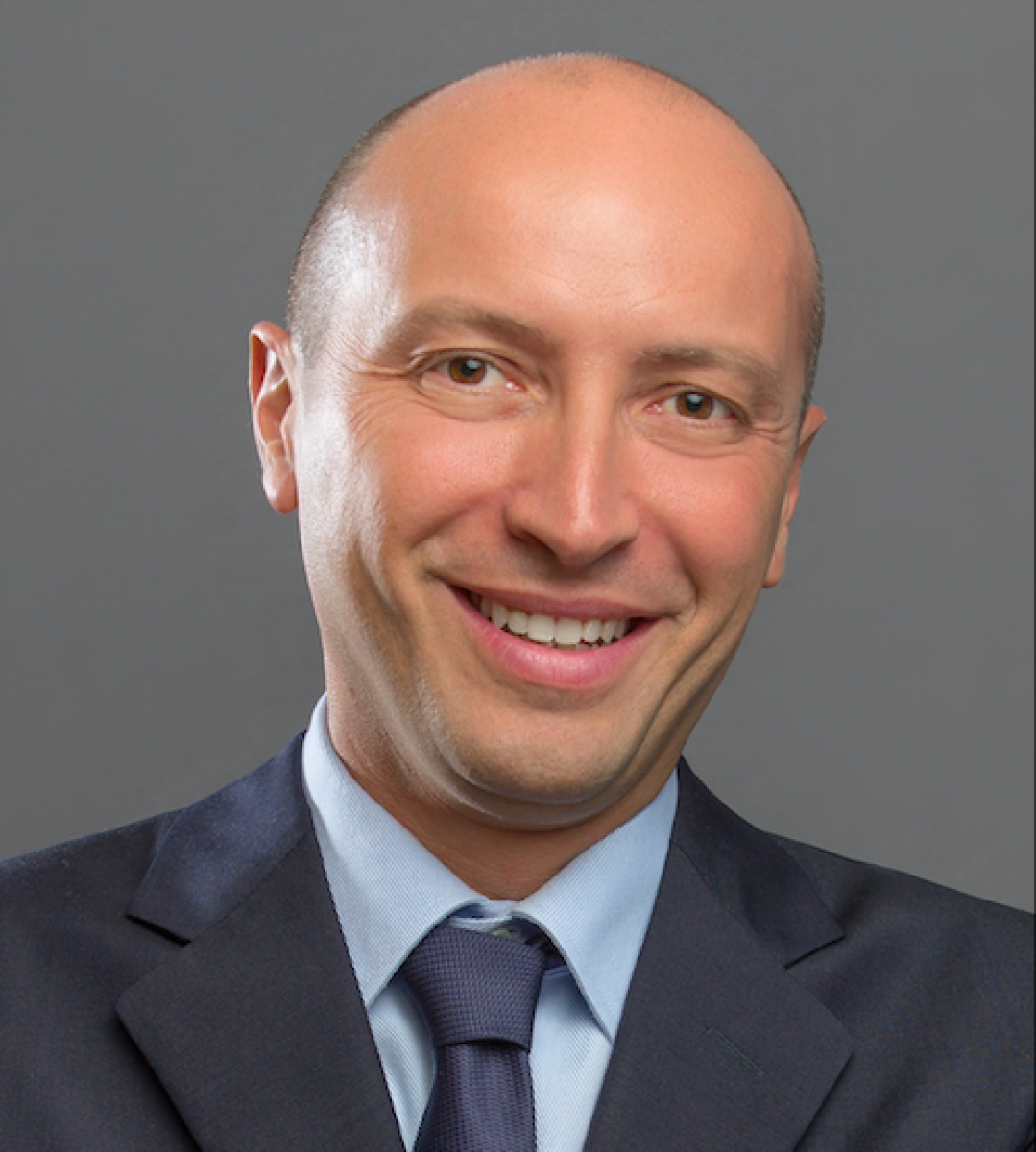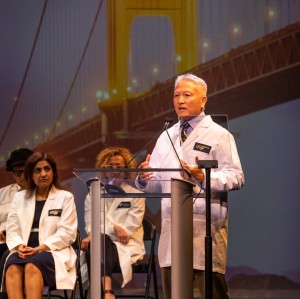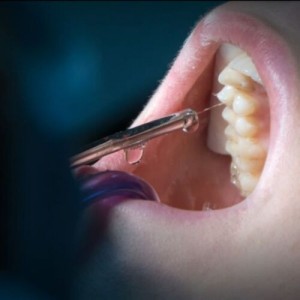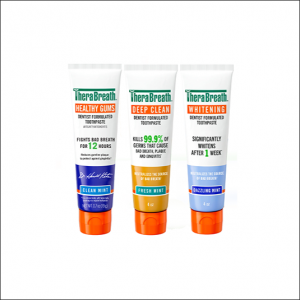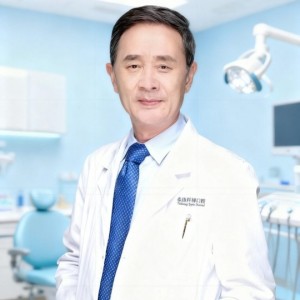
The human biases in dentistry
Lorenzo Breschi
At the end of the day, we'd like to think that all the treatments we have offered our patients are the best possible. Dentists make efforts to enhance their knowledge, tirelessly studying and practicing. We read scientific articles and attend lectures, making sure our decision-making process is always driven by knowledge, experience and research.
However, our choices are often not evidence-based like they seem to be, and even when operating according to the supposedly best option, we might make irrational judgments, thus committing mistakes.
We often make mistakes due to what are called cognitive biases, systematic errors in thinking that occur when people are processing and interpreting information in the world around them. Cognitive biases affect the decisions and judgments that we make and unconsciously distort our judgment so that we are unaware of potential failure.
A common bias in dentistry is the confirmation bias, which is the tendency to make decisions that support our preconceived beliefs while ignoring or discrediting those that do not. In other words, we believe what we want to believe. When faced with a choice in dentistry, we interpret the evidence that leads us to a decision that we feel is right or in other words, confirms our preconceptions.
Nonetheless, the decision that we make, as well as the information that we gather and rely on, might be frequently subject to biases. Dentists, for example, are very comfortable with the lecture format for gaining the information they need. A large volume of information can be assimilated in a very short period because the lecturer has devoted a tremendous amount of time distilling all of the information and may even provide references to scientific articles that support his point. So, while we think we are making a knowledge-based decision, actually, we are making a gut decision based on the trust that we place in the skill and reputation of the lecturer. Groupthink is in fact a phenomenon whereby the consensus of the majority of experts is accepted as fact. However, this consensus may still not be correct.
To address these concerns, it is important to evaluate if the lecturer discloses a conflict of interest and provides a list of publication references in their lecture material for the attendee to critically evaluate on their own.
Dentists may also occasionally desire - and this is particularly true for the Dentistry33 readers - to improve their knowledge by searching for dental research.
When looking for a good article to read, it is important to know that whenever a scientific paper is submitted to a journal, it undergoes a process whereby peers review the publication to assess its accuracy, relevancy and contribution to the scientific literature. However, variables such as the author’s reputation and academic affiliations’ influence have a positive effect on the reviewer’s recommendation as do the reviewer’s agreement with the results. These variables might affect the trueness of the research and its publication. To address this bias, many journals have now blinded the review process so that the reviewer does not know the identity of the author.
Besides this, other factors such as small sample size, failing to control confounding variables, not identifying exclusion criteria for discarded data, or relying on anecdotes as proof might also compromise the quality of evidence.
That being said, when reading scientific articles, we must bear in mind that biases can invade also the study design and publication processes, and that not only the reader, but also the researcher, author, and lecturer are prone to these same biases. It is then advisable to maintain a little dose of skepticism when reading scientific journals or research, critically evaluating everything that we read or are told.
To conclude, we should deem as necessary to educate students and young practitioners on the skills needed to critically evaluate literature in a truly unbiased manner, and teach them that we cannot have confidence that the chosen therapy is always proven to be the best.
 Related articles
Related articles
Editorials 22 April 2024
If there were an indicator for change in music, this would be off the charts if it wanted to measure how many and what changes Miles Davis has made since, at eighteen, he was enlisted, almost by...
Editorials 10 October 2023
Research is an endless quest. That’s why it has always fascinated Georgios Kotsakis. The moment he figures out an answer, he feels a new question he needs to creatively tackle pops up.
Editorials 31 December 2021
Dear readers,The approach of New Year is usually a festive period and, for some of us, an occasion to look back and sum up our impressions of the year that we are about to leave behind. We can...
Editorials 08 October 2021
Dear Dentistry33 readers,After a long period without the possibility of meeting collogues and friend in person, I am finally pleased to present you the 22nd Annual Congress organized by the Italian...
Editorials 04 August 2021
It has been approximately one and a half year since the Covid-19 pandemic changed the course of the world and influenced the lifestyle of many people, regardless of their background and profession....
 Read more
Read more
Editorials 10 October 2025
With proud smiles and crisp white coats, ninety-three learners from the DDS Class of 2029 and the International Dentist Pathway Class of 2028 marked the start of their dental careers at the UCSF...
Periodontology 10 October 2025
Continuous professional development (CPD) in Periodontology refers to the overall framework of opportunities that facilitate a life-long learning practice, driven by the learner-practitioner and...
TheraBreath, the #1 alcohol-free mouthwash brand in the U.S.*, has introduced a new line of dentist-formulated, clinically tested toothpastes designed to support professional oral care...
News 10 October 2025
New officers and trustees were installed at the Minnesota Dental Association’s Leadership Conference on September 19 in Minneapolis.
News 10 October 2025
Smartee Denti-Technology today announced that Professor Gang Shen, its Chief Scientist and Executive President of TaiKang ByBo Dental, has once again been named to the World’s Top 2% Scientists...


